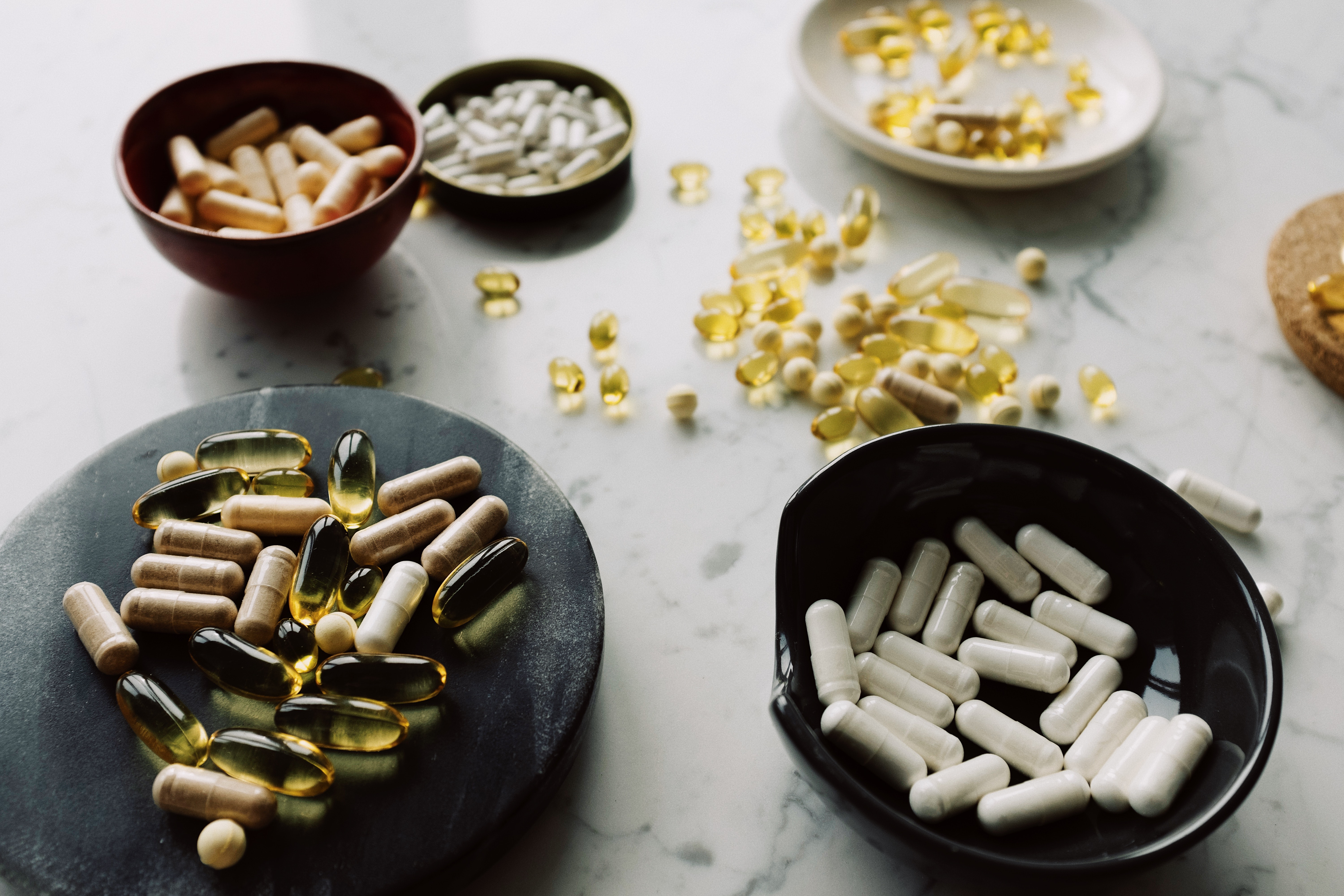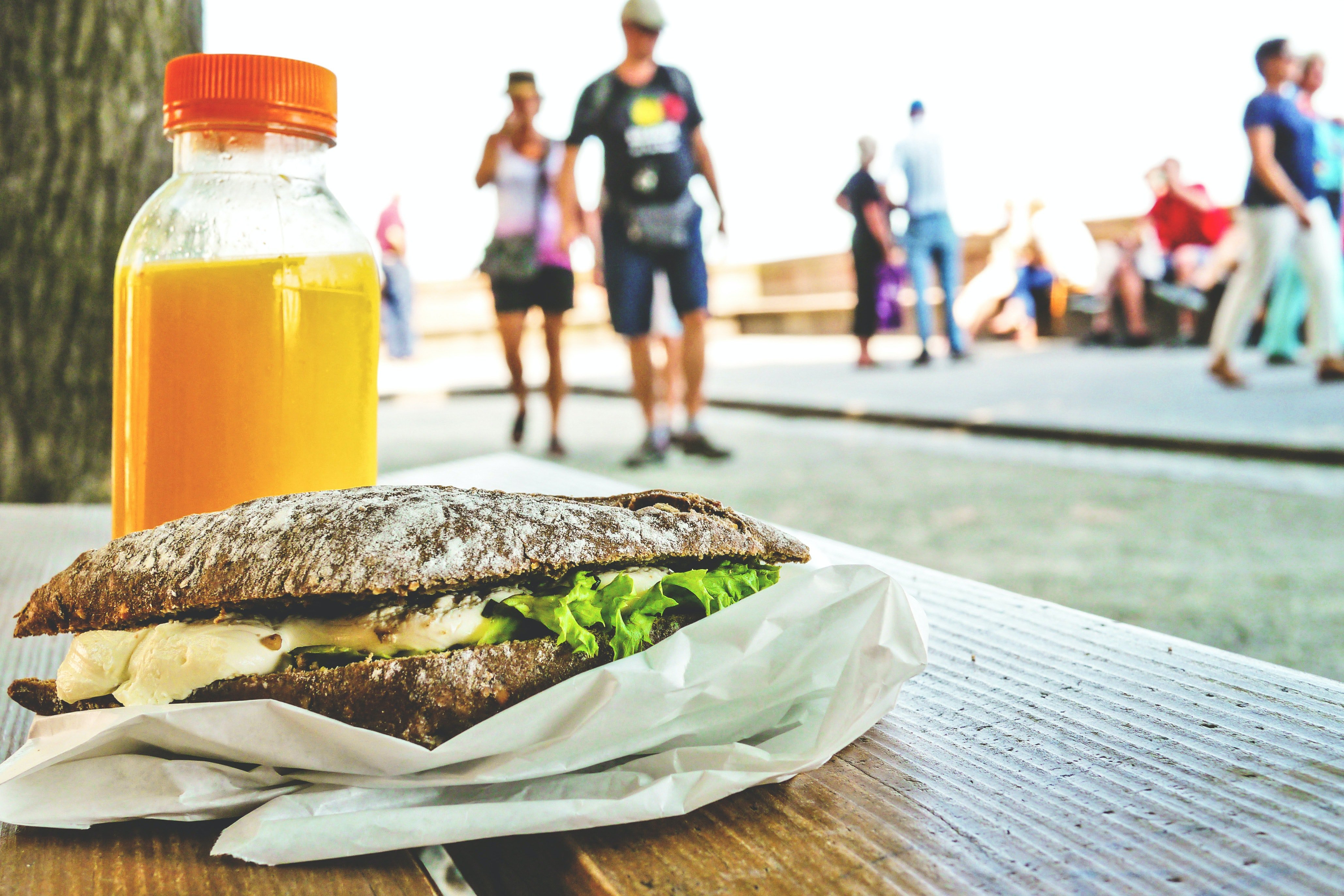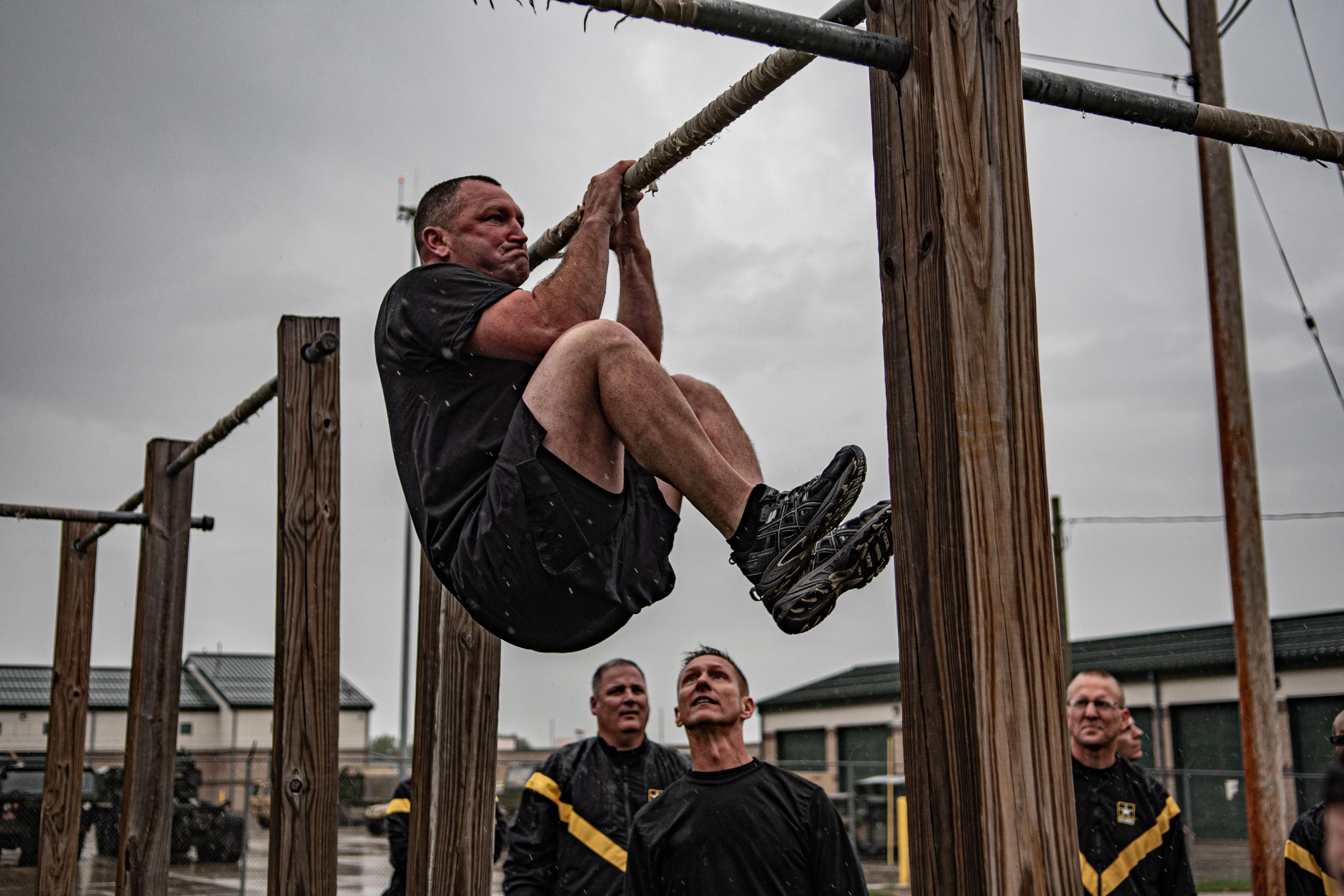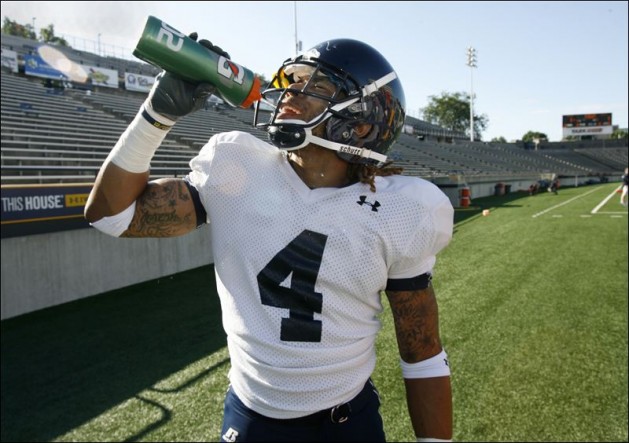The Importance of Electrolytes for Athletes
On average, athletes sweat much more than the standard, untrained person. When the body starts to overheat the nervous system stimulates sweat glands, which prompts the body to begin perspiring in an attempt to cool the body down.
Recent studies reveal that the reason athletes sweat more, and produce more sweat than the average person, is because they are more fit, and participate in more anaerobic activity which requires the body to work harder to pump oxygen and blood continuously to their muscles. Whenever the body produces perspiration, it depletes necessary nutrients and lowers hydration levels, so it is essential that athletes refuel throughout and most importantly, after a workout to give the body what it needs to recover and return to equilibrium and healthy hydration levels.
In the middle of a tough workout, it's easy to forget to hydrate. Dehydration can ruin an otherwise solid workout, and if left unchecked, can reduce an athlete's training capacity over the course of a whole season. In a slightly dehydrated state, 1-2% reduction in body weight through fluid loss, athletes perceived exertion goes up (how much work athletes feel they're putting in), and performance goes down. Moreover, athletes' post-workout recovery slows down when the fluid volume is at a sub-optimal level for quick delivery of nutrients and oxygen to working muscle tissues and removal of waste products from the bloodstream.
Why are Electrolytes Important for Elite Athletes?
Electrolytes are positively and negatively charged ions that conduct electrical activity to perform various functions within the body. Electrolytes must be present in proper concentrations to maintain fluid balance, muscle contraction, and neural activity—all essential to high performance and basic daily functions. The kidneys control electrolyte balance by excreting or conserving them. Water is drawn to local concentrations of electrolytes, so it follows wherever they go.
When athletes sweat, they're losing electrolytes primarily in the form of sodium (Na+) and chloride (Cl-), so when you start to replace lost fluids, athletes should replace the electrolytes as well. Potassium (K+), Magnesium (Mg2+), and Calcium (Ca2+) are electrolytes also lost through sweating.
In order for athletes to attempt to achieve peak performance, it's essential that they hydrate and rehydrate their bodies with the proper amount of electrolytes.
How Many Electrolytes are Lost?
The amount of electrolytes that are in sweat, is why sweat tastes salty. Some athletes have saltier sweat than others due to simple genetic differences, diet, sweat rate, and heat acclimatization. Athletes who feel dizzy, lightheaded, or experience muscular cramping post-workout may be salty sweaters experiencing an electrolyte imbalance.
If athletes only drink water to rehydrate, they could be diluting their internal electrolyte concentration and throwing their bodies further off balance. While the human body is good at regulating itself, elite training is strenuous and long enough that athletes must actively pump electrolytes in to support the rehydration process.
When Should Athletes Replace Electrolytes?
Before Workout:
If athletes are “salty sweaters” then they might consider drinking an electrolyte beverage or having a salty snack prior to a heavy workout (> 60 – 90 minutes) or one that is performed in hot temperatures.
During Workout:
Electrolyte products that contain sodium and carbohydrates are ideal during exercise. The sodium replaces lost electrolytes and helps the body utilize carbohydrates. Many sports drinks contain sugar in such high concentrations that athletes don't feel comfortable drinking mid-workout. Athletes can 1) look for drinks that are lower in sugar (yet still avoid artificial sweeteners), 2) alternate between the sports drink and water during practice, or 3) choose a powdered electrolyte so you can control how concentrated your drink is.
Post Workout:
It is easier to retain water in the body with the intake of salt, because water naturally follows those molecules. Ingesting salty foods or a sports drink can help you rehydrate faster than by drinking water alone. Read this article to learn more about which sports drink is best for rehydration.
What is the Recommended Amount of Fluids and Electrolytes?
This depends on the type and duration of exercise - within 60-90 minutes of exercise, athletes can lose around 1-2% body weight in the form of fluids. An athlete's weight (say 150 lbs) multiplied by this percentage is the amount of fluid athletes should try to drink as a replacement (150lbs x 0.01 to 0.02 = 1.5 to 3 lbs body weight loss, or 24 to 48 fl oz). Given a hot day or a high sweat rate, this number can increase.
For exercise duration under 2 hours, a beverage containing 60-120 mg sodium and 15-45 mg potassium per 8-oz serving will be effective for electrolyte replacement. Check the label to find the desired ratio of electrolytes to carbohydrates.
Extreme distance athletes like marathon (or ultra-marathon) runners and Ironman triathletes may need a much higher concentration of electrolytes to be delivered to their system, with fewer carbohydrates and minimal liquid. Athletes in this category should shoot for anywhere between 180-250 mg sodium and 10-100 mg potassium per 8-oz serving.
Remember that sodium, rather than potassium, plays the primary role in electrolyte replacement and is thus a more important factor when deciding which electrolyte product to purchase.
Recap
Electrolytes come in tablets, powders, gels, chews, blended sports drinks, table salt, food, and more. For most elite athletes, sports drinks and powders mixed with water are common ways to ingest electrolytes. Endurance athletes may prefer electrolyte tablets or chews to maximize salt intake while minimizing liquid intake. Whichever desired method, athletes should be using electrolytes during and post-workout to see how it affects their training. Over time athletes can calibrate their electrolyte intake to customize it for their performance needs!
References:
1. www.acefitness.org/certifiednewsarticle/715/electrolytes-understanding-replacement-options/
2. Sawka, Young, Cardarette, et al. 1985 www.humankinetics.com/excerpts/excerpts/dehydration-and-its-effects-on-performance
3. wwwbeta.active.com/nutrition/articles/cracking-the-code-on-sweat-rates
4. www.huffingtonpost.co.uk/2012/02/20/mild-dehydration-causes-a-_n_1288964.htmlRelated Posts

Supplement Safety with Tactical...
Dietary supplements seem like the "magic pill" a tactical operator needs to perform better,...

Eating Healthy on the Go: Tips for Busy...
It's no secret that tactical professionals have weird schedules. So why do health professionals...

Post-Training Nutrition for Tactical...
Eating after a workout can be a challenge for tactical professionals. Having grab-and-go fuel...



